Coronavirus: Prevention and Resilience
***Written in 2020
What are the symptoms?
Coronavirus (COVID-19) symptoms are similar to the flu: fever, cough, sore throat and fatigue as well shortness of breath. If you develop any of these symptoms you should call you GP or hospital and arrange a time to visit to be tested.
At the time of writing there was one case of COVID-19 in the ACT however it’s inevitable that numbers will rise. At some point in the next month or so it looks like we’ll all have a 2 week holiday form work, school or uni.
In the ACT some 400+ people have been tested for only one confirmed case of corona virus. Once the winter flu season kicks in there will no doubt be many more of us being tested to determine whether we have the flu or indeed corona virus.
Prevention Tips
According to the WHO website best practice is to:
• Wash your hands often with soap and water for at least 20 seconds, especially after going to the bathroom; before eating; and after blowing your nose, coughing, or sneezing.
• Cover your cough or sneeze with a tissue (or your elbow) then throw the tissue in the bin.
Additionally:
• Avoid close contact with people who are sick.
• Wearing a face mask is not advised unless you are sick yourself.
If I get Coronavirus, how dangerous is it?
For young children and teens coronavirus appears to produce mild symptoms. In fact, in the general population, it’s estimated that around 80% of people who get coronavirus will only get mild symptoms.
As you would expect, the most vulnerable are the elderly with existing multiple chronic conditions or those with compromised immune systems. If you’re not in one of these groups, then there’s no more reason to be alarmed by COVID-19 than you would by the regular flu.
Early data out of China suggests around 3.4% of people who got corona virus died which compares with 0.1% of people who get the flu so from these figures you’d have to say it appears a lot deadlier than the flu. However, these figures are almost certain to be revised downwards once more people are tested and thousands more milder cases are diagnosed. So please keep in mind that for the vast majority of us the worst-case scenario is getting flu like symptoms or at worst being hospitalised and receiving world class medical care.
Immune Boosting
There is currently no vaccine to prevent COVID-19. However, there are ways to optimise your immune system so that if you are exposed you’re in the best condition to recover.
Consider consulting with your naturopath, herbalist or integrative GP about which antiviral herbs would be appropriate for you, herbs including andrographis, elder and thyme are all potentially helpful. Similarly, adequate vitamin D and zinc levels are important to consider in the context of your overall health picture in consultation with a health professional.
Look out for a more in-depth blog detailing how to keep your immune system buoyant in the coming days.
Resilience
Tracking well ahead of actual cases of coronavirus is the widespread level of panic, evidenced by empty toilet paper aisles in supermarkets. The most insightful analysis of ‘toilet paper Armageddon’ seems to be that in the face of uncertainty we’re looking for ways to reclaim some control. Coming on the back of the bushfires, smoke haze and hail storm, our resilience has already been tested in 2020.
To counter the panic, stay informed and aware of the actual risks which are currently low. It’s important to get your information from credible sources (e.g health.gov.au or health.act.gov.au) and switch off from media that is sensationalist or fear mongering.
It’s normal to worry about things we can’t control, so if you find yourself worrying try a basic mindfulness technique and accept that its ok to be worried and then move on by bringing your awareness to something that’s happening in the present moment.
If you need support, don’t hesitate to reach out and seek help, we’re here for you and we’ll all get through this together.
